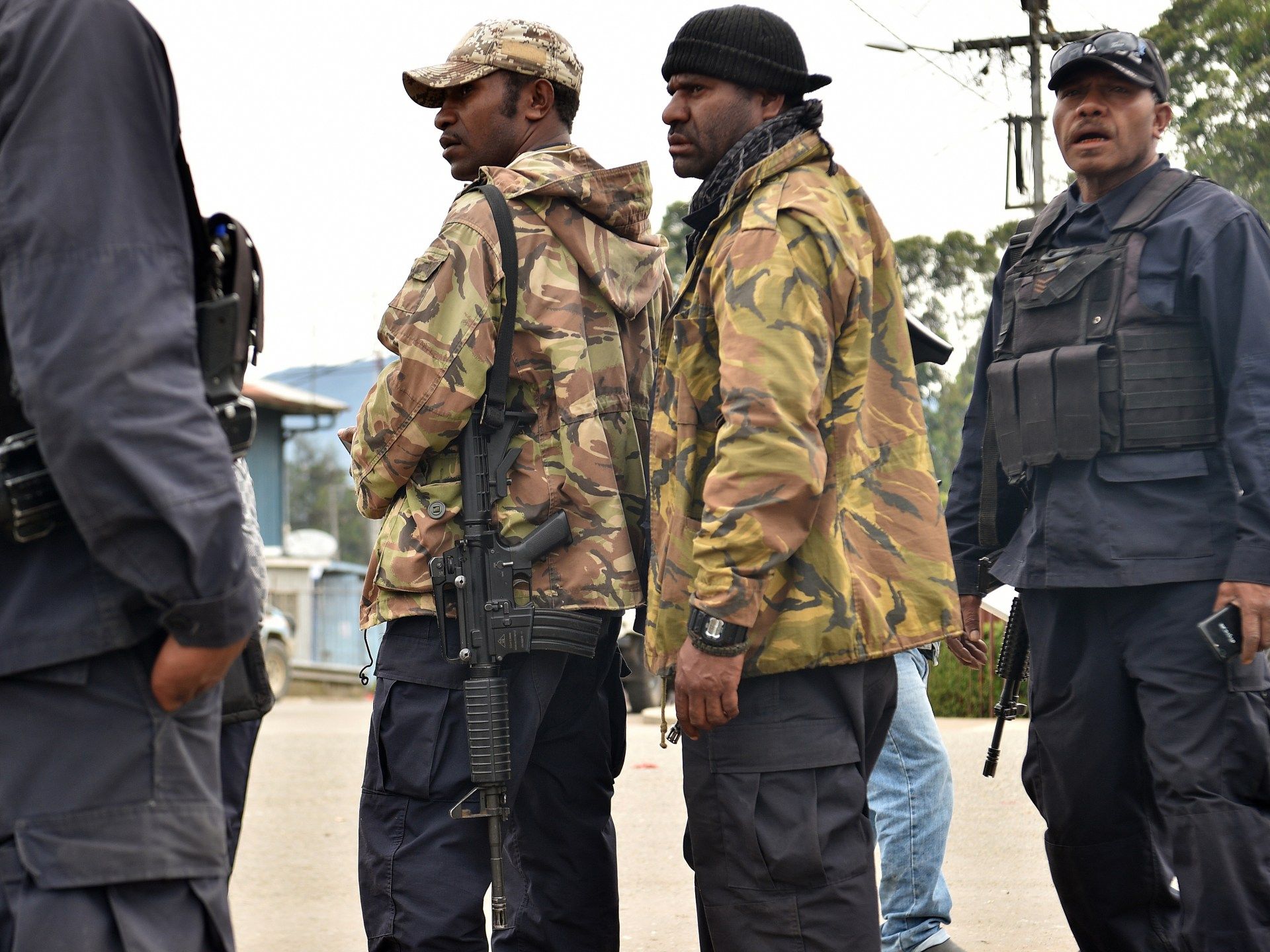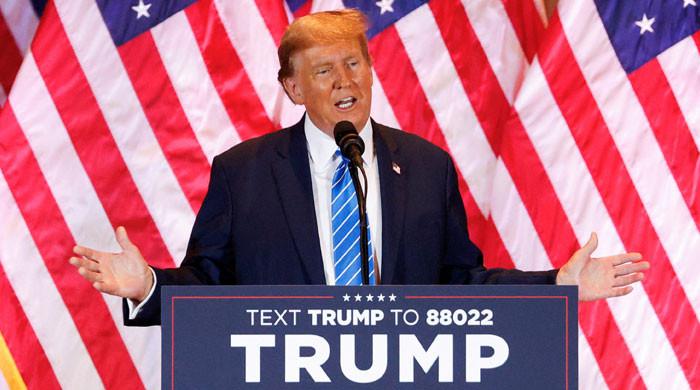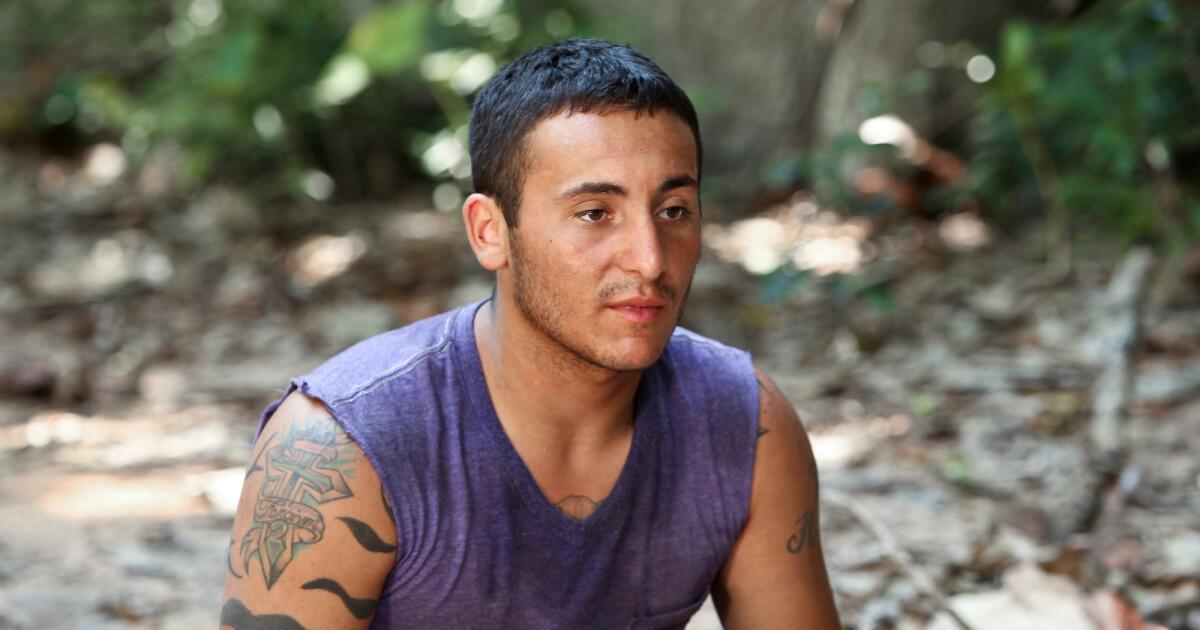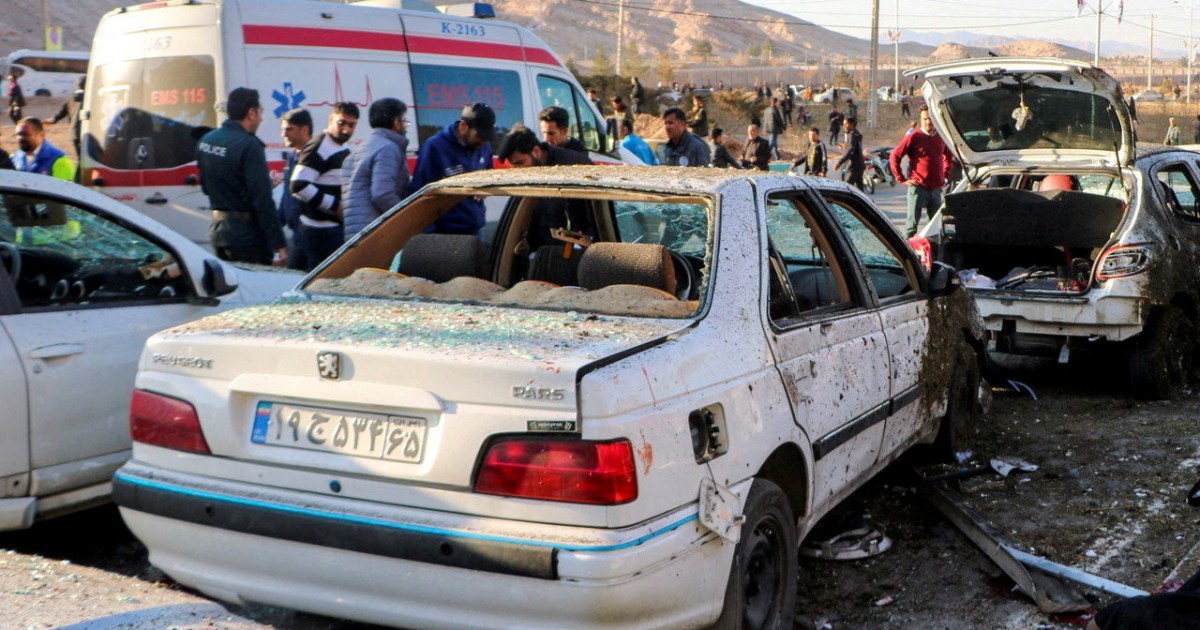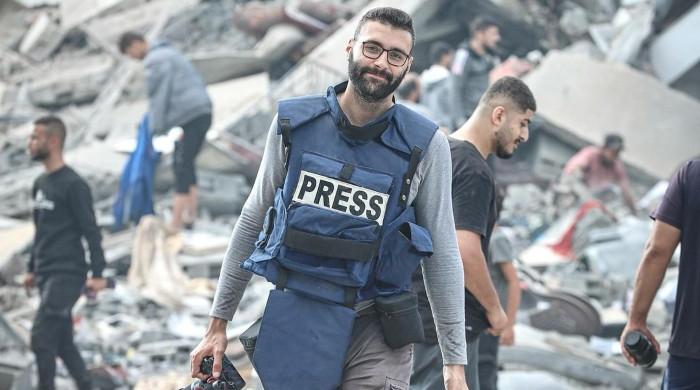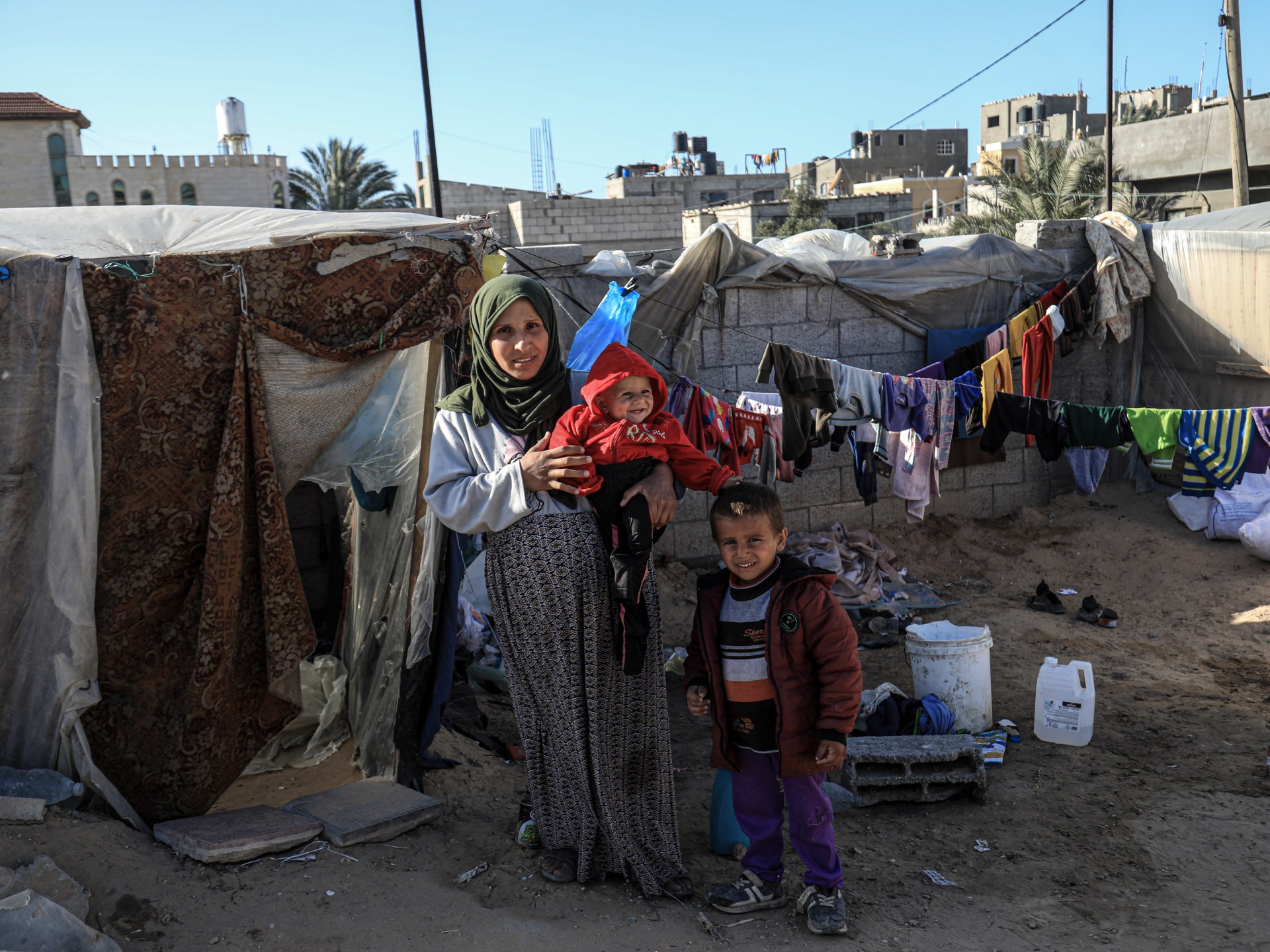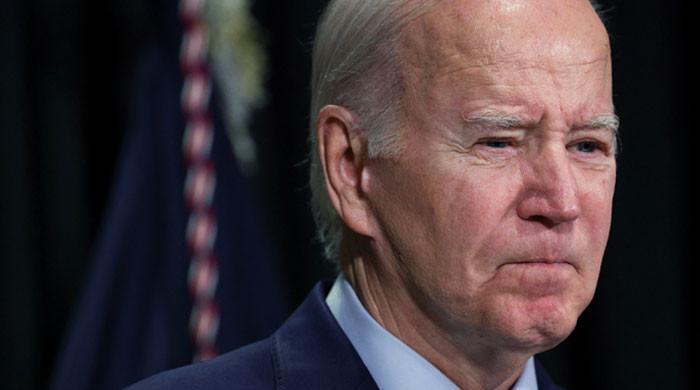Police recover 64 bodies after fighting breaks out between rival tribes in the northern highlands of Papua New Guinea.
At least 64 people have been killed in tribal violence in the northern highlands of Papua New Guinea, according to media reports, with one police officer describing the killings as the “largest” in the Pacific nation's recent history. .
The Post-Courier newspaper, citing local police, said the killings began at dawn on Sunday in the Wapenamanda district of Enga province.
They involved the Ambulin and Sikin tribes, as well as their allies, he said.
Police told the Post-Courier that they recovered about 64 bodies from the roadside, grasslands and hills of Wapenamanda on Monday morning.
Rival factions used “high-powered weapons” such as AK47 and M4 rifles in the battles, the newspaper reported. The death toll is expected to rise, he added.
The Australian Broadcasting Corporation (ABC) said the violence involved the same tribes responsible for clashes that killed 60 people in Enga province last year.
“This is by far the largest [killing] I've seen it in Enga, maybe all over the Highlands in Papua New Guinea,” said George Kakas, a senior police officer in the country.
“We are all devastated, we are all mentally stressed,” Kakas told ABC. “It's really hard to understand.”
The AFP news agency said police received graphic videos and photographs from the scene, showing naked and bloodied bodies lying on the side of the road and piled up in the back of a flatbed truck.
The agency said the army has deployed around 100 soldiers to the area, but their impact has been limited as security services remain outnumbered and outgunned.
In the capital, Port Moresby, opponents of Prime Minister James Mara's government called for quick action, including the deployment of additional troops to the area.
“We call on the government to immediately determine where the weapons and bullets that fuel this senseless violence come from,” they added in a statement, according to the Post-Courier.
Australian Prime Minister Anthony Albanese also expressed concern.
“The news that has come from Papua New Guinea is very disturbing,” he said in a radio interview on Monday.
“We are providing considerable support, particularly for the training of police officers and for security in Papua New Guinea.”

